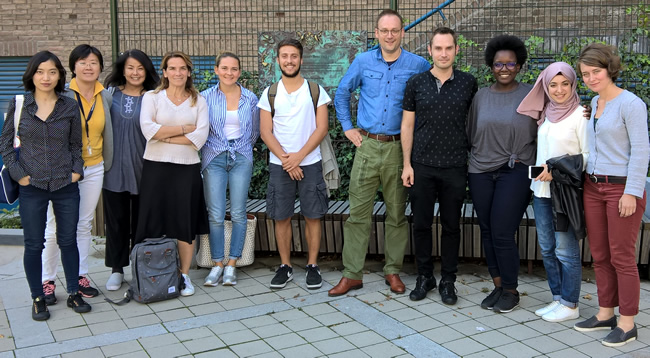
Introduction
Leonhardt organized a Geopolitics course at Maastricht Summer School between 2014 and 2019. The course took place at Maastricht University and attracted students from around the world.
The Geopolitics Summer School course first addressed the differences between geopolitics, geo-economics and geostrategy. This course further helped students understand and apply key geopolitical concepts such as national power, national identity and national security. The Geopolitics Summer School course further focused on geopolitical scenario planning, which assists organizations to better anticipate geopolitical uncertainty.
Leonhardt stopped with his Geopolitics Summer School course in 2020 to focus on other courses and workshops.
